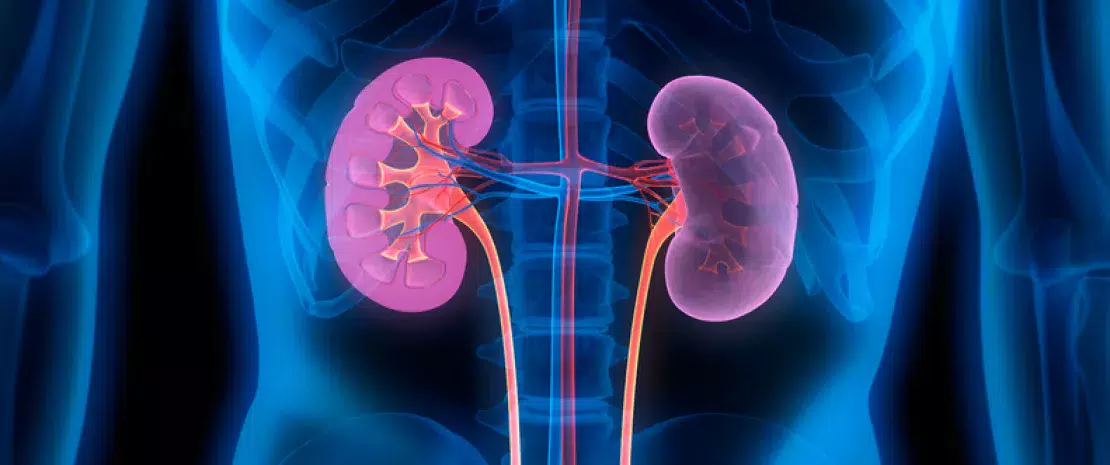Kidney transplant: is pre-operative dysbiosis a risk factor for diabetes?
Patients affected by kidney failure who develop diabetes following a transplant may have been suffering from a pre-operative gut dysbiosis, the precise details of which have not yet been determined.
Sources
This article is based on scientific information

About this article
Patients affected by kidney failure often suffer from severe metabolic disorders. Diabetes is the leading cause of end-stage kidney disease and subsequent renal transplants (RT), while 20% of patients who were normoglycemic prior to RT develop New-Onset Diabetes After Transplant (NODAT) within one year of their operation. The immunosuppressive treatment received by patients following RT is largely held responsible, since it is known to induce insulin resistance, but this does not explain why some patients are more resistant to the development of NODAT than others.
The gut microbiota suspected
A French team compared the fecal microbiota of 50 subjects with kidney failure before and (3 to 9 months) after RT. 16 of the subjects had type 2 diabetes (T2D) prior to transplantation, 15 developed NODAT and the remaining 19 (control subjects) were not diabetic before or after RT. The researchers focused on (sidenote: Firmicutes/Bacteroidetes ratio, Bacteroides-Prevotella group, Lactobacilli, Bifidobacteria, Akkermansia muciniphila, Faecalibacterium prausnitzii, Escherichia coli, Clostridium coccoides and Clostridium leptum. ) already linked to diabetes or metabolic disorders in mice and/or patients who have not received a kidney transplant.
Pre- and post-transplant differences
Prior to RT, Lactobacillus sp. was less frequently detected in control subjects (60%) than in NODAT patients (87.5%) or patients with T2D pre-transplant (100%). Following RT, its relative abundance increased by a factor of 20 and 25 in the NODAT and T2D groups, respectively. On the other hand, Akkermansia muciniphila decreased by a factor of 2,500 in the NODAT group and 50,000 in the T2D group. However, these alterations were not observed post-transplantation in the control subjects. Lastly, prior to RT, the relative abundance of Faecalibacterium prausnitzii was 30 times lower in T2D patients than in the control subjects.
A pre-transplant dysbiosis responsible for NODAT?
The authors’ conclusions? A dysbiosis prior to RT (characterized among other things by the presence of lactobacilli) may predispose patients to the development of NODAT, in the context of the consumption of immunosuppressive drugs favoring its onset. Larger-scale prospective studies not limited to the nine bacterial markers considered here will make it possible to describe in greater detail the role of the intestinal microbiota in the development of NODAT.










